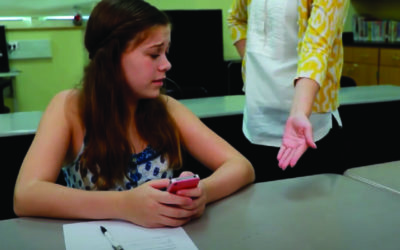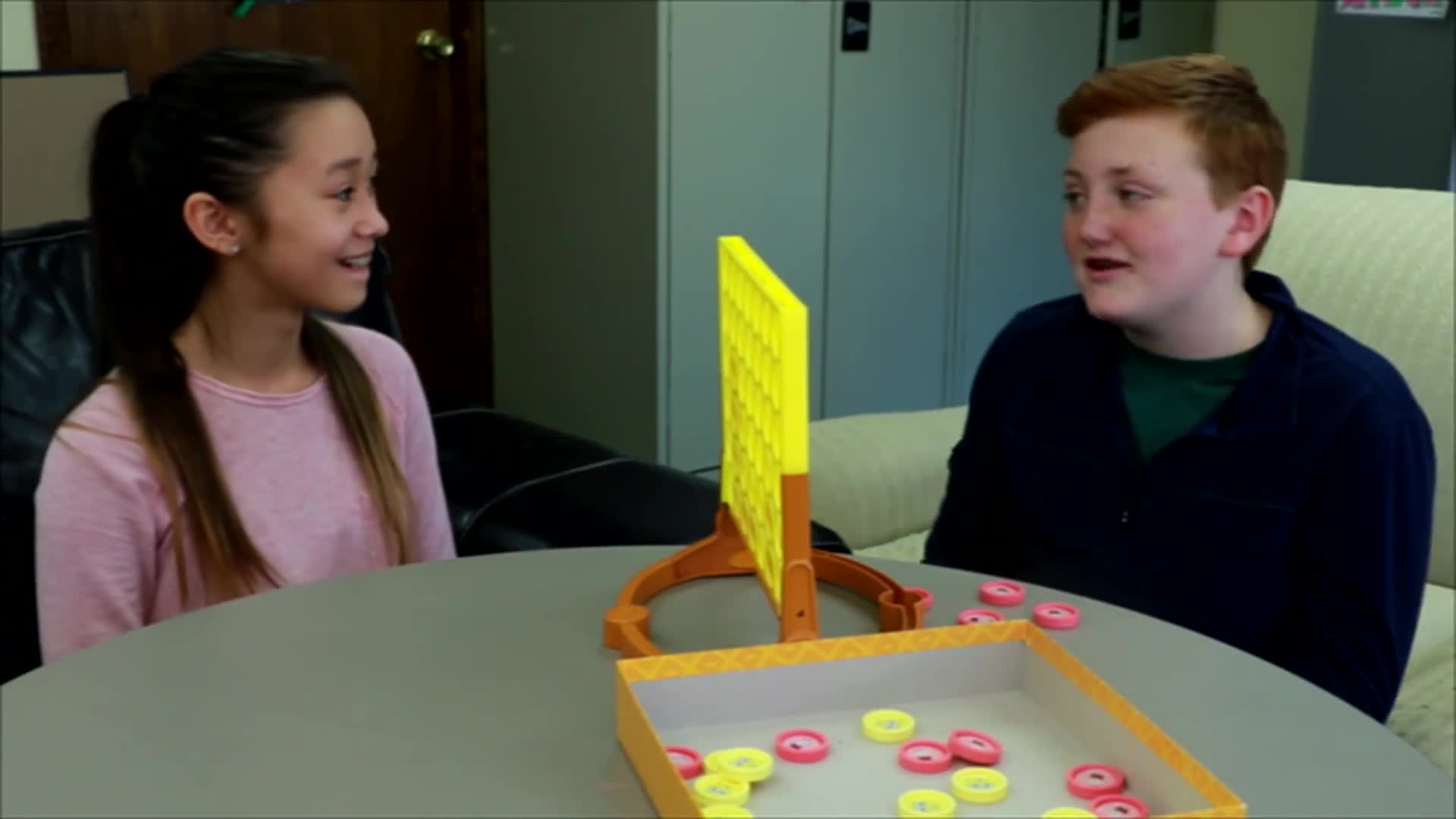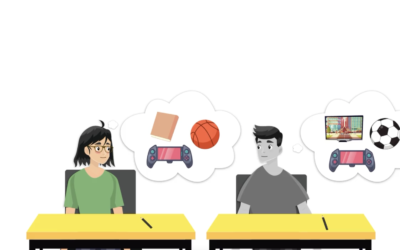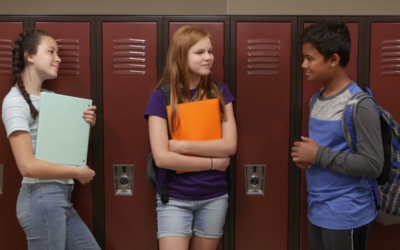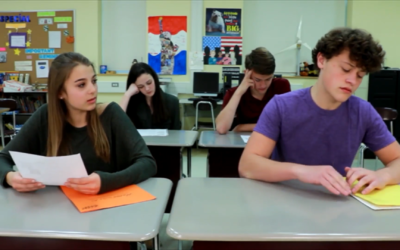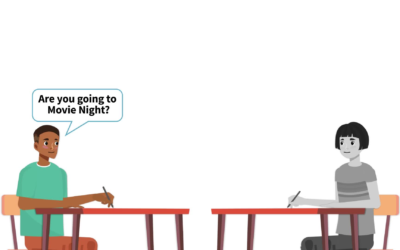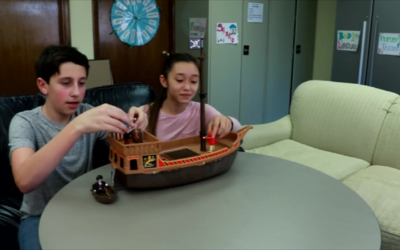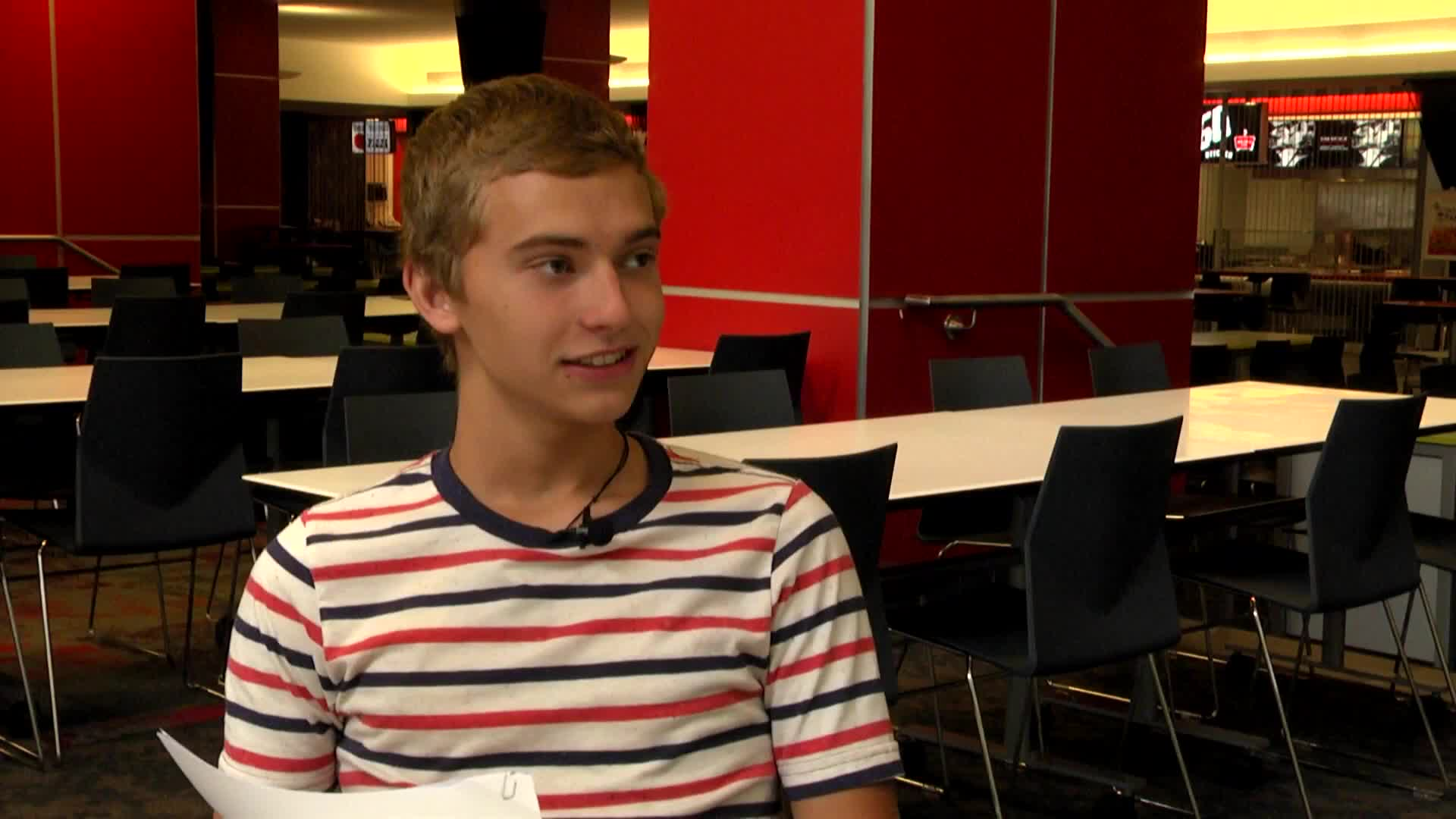Introduction In today's fast-paced world, teaching students the skill of self-control is crucial for their success, both academically and socially. Self-control refers to the ability to manage one's emotions, thoughts, and behaviors, even when faced with challenges or...
Category: No-Prep Activity
Understanding Consequences and Teaching Acceptance in the Classroom
Introduction Consequences are an integral part of social-emotional learning, as they help students understand the results of their actions. These outcomes can be either positive or negative, and learning to accept them is crucial for personal growth and social...
Teaching Good Sportsmanship: Activities and Discussion Questions
As educators, it is crucial to help students develop positive social skills that will enable them to interact effectively with their peers and navigate the complexities of life. One such skill is good sportsmanship, which is the ability to handle both winning and...
Teaching Students to Choose Good-Fit Friends: A Guide for Educators
As educators, we play a crucial role in guiding our students to form healthy, supportive friendships. This blog post will provide an overview of the skills needed for students to choose good-fit friends, as well as a no-prep activity, discussion questions, and related...
Teaching PreK Students to Respect Others’ Opinions and Ideas
Introduction As educators, it is important to teach our students the value of respecting others' opinions and ideas. This skill helps children develop a sense of empathy and understanding, which are crucial aspects of Social-Emotional Learning. In this blog post, we...
Teaching PreK Students to Cope with Embarrassment and Develop Social-Emotional Skills
Introduction Embarrassment is a common emotion experienced by individuals of all ages, including young children. As educators, it is essential to teach our PreK students how to cope with embarrassment, as well as develop social-emotional skills that will help them...
Teaching Direct and Indirect Language Skills in Special Education
As educators, it's essential to teach our students the importance of effective communication. This includes understanding when to use direct and indirect language. Direct language is clear and straightforward, while indirect language is more subtle and polite. In this...
Teaching Kindergarten Students How to Join Group Play: A No-Prep Activity
Introduction As educators, we understand the importance of teaching our kindergarten students valuable social-emotional learning (SEL) skills. One essential skill is learning how to join group play. This skill not only helps children build friendships but also fosters...
Teaching Students to Read Social Situations: A Guide for Special Education Educators
Introduction As educators, it's essential to teach students the importance of reading social situations before engaging in conversations. This skill is especially crucial for students in special education, as they may need additional support in understanding and...


